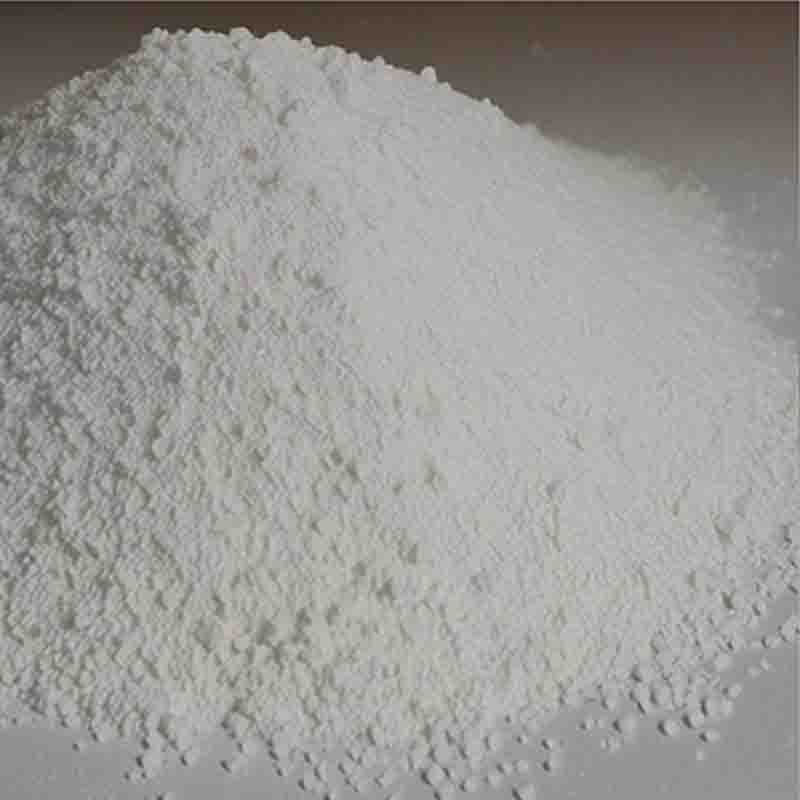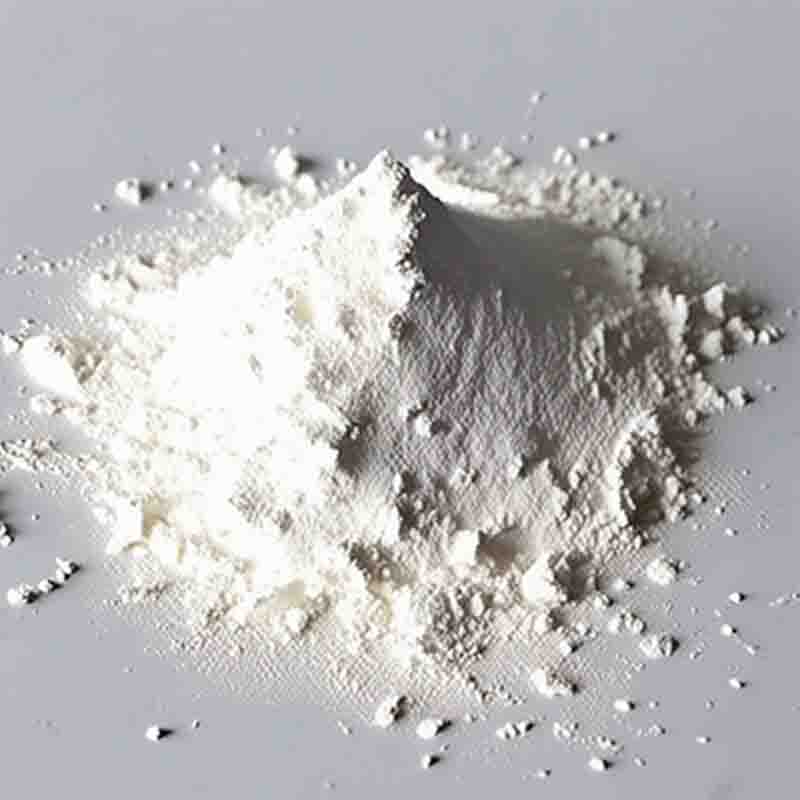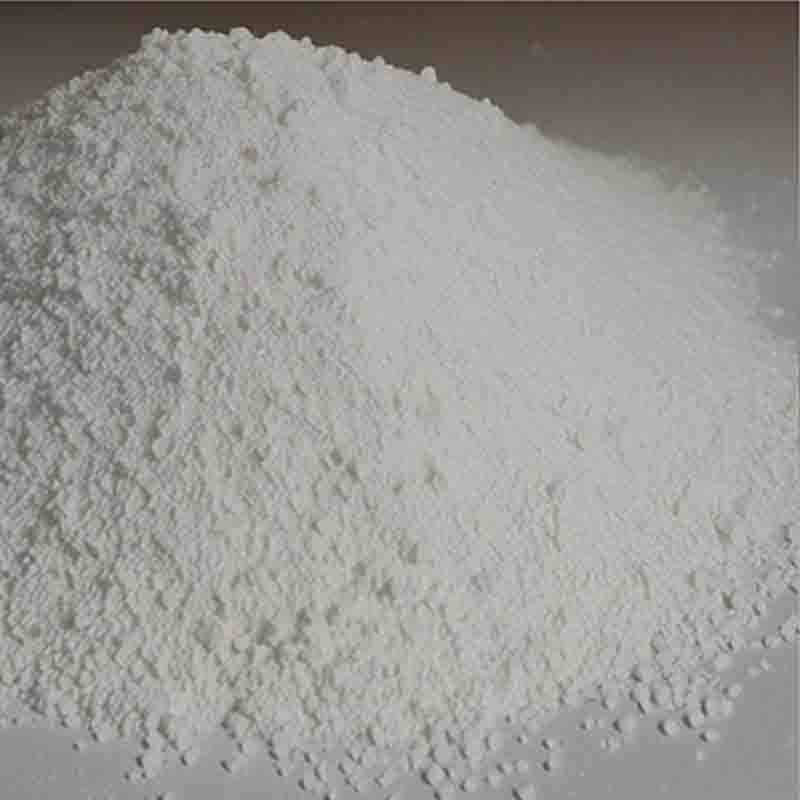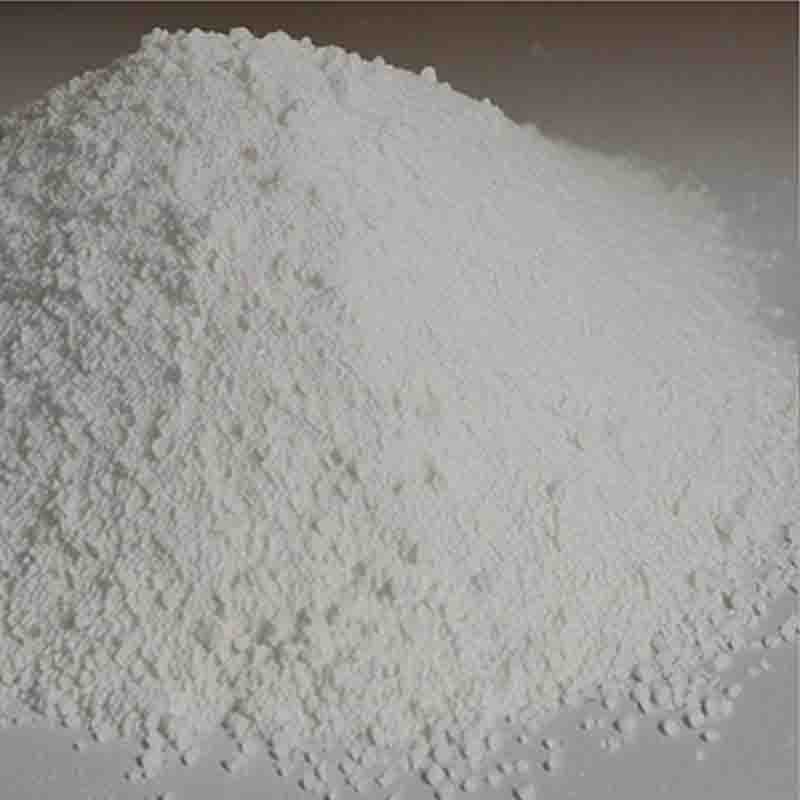3-Amino-3-phenylpropionicacid CAS:614-19-7
| Catalog Number | XD95657 |
| Product Name | 3-Amino-3-phenylpropionicacid |
| CAS | 614-19-7 |
| Molecular Formula | C9H11NO2 |
| Molecular Weight | 165.19 |
| Storage Details | Ambient |
Product Specification
| Appearance | White powder |
| Assay | 99% min |
3-Amino-3-phenylpropionic acid is a compound that belongs to the class of amino acids. It is an alpha-amino acid that contains a phenyl group attached to the alpha carbon along with an amino and a propionic acid group. Let's explore the potential effects of 3-amino-3-phenylpropionic acid.One potential effect of 3-amino-3-phenylpropionic acid is its role as a precursor for neurotransmitters. Amino acids are essential building blocks for the synthesis of neurotransmitters in the brain. In particular, phenylalanine-derived amino acids like 3-amino-3-phenylpropionic acid can be converted into phenylethylamine, tyrosine, and eventually dopamine, norepinephrine, and epinephrine. These neurotransmitters play crucial roles in regulating mood, cognition, and overall brain function.Furthermore, 3-amino-3-phenylpropionic acid has been studied for its potential therapeutic applications, particularly in the field of neurodegenerative diseases. Research suggests that it may possess antioxidant and neuroprotective properties, which could potentially be beneficial for conditions such as Alzheimer's disease and Parkinson's disease. Antioxidants help to neutralize harmful free radicals and reduce oxidative stress, which is known to contribute to neurodegeneration.Moreover, 3-amino-3-phenylpropionic acid has been investigated for its potential analgesic effects. Some studies have suggested that it may act on the opioid receptors in the central nervous system, leading to pain relief. This suggests its potential use in the development of novel analgesic medications.It is important to note that while 3-amino-3-phenylpropionic acid shows promise in various areas, more research is needed to fully understand its effects and potential applications. Furthermore, the use of this compound should be approached with caution and under the guidance of a healthcare professional.In conclusion, 3-amino-3-phenylpropionic acid has potential effects and applications in the field of neuroscience and neurodegenerative diseases. It may serve as a precursor for neurotransmitters, possess antioxidant and neuroprotective properties, and exhibit analgesic effects. However, further research is necessary to explore its full potential, understand its mechanisms of action, and determine its optimal usage, dosage, and safety profile.









